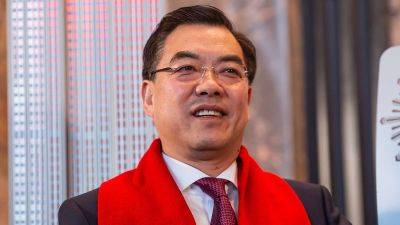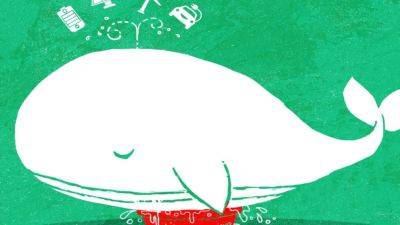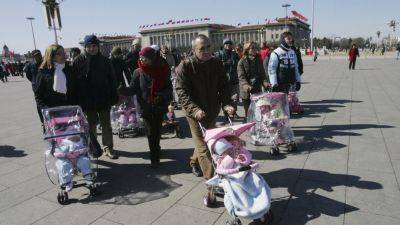China Stops Foreign Adoptions, Ending a Complicated Chapter
For three decades, China sent tens of thousands of young children overseas for adoption as it enforced a strict one-child policy that forced many families to abandon their babies. Now the government will no longer allow most foreign adoptions, a move that it said was in line with global trends.
The ban raises questions for many of the hundreds of families in the United States who were in the process of adopting children from China and had heard earlier this week from adoption agencies that China was moving to bar international adoptions. The official confirmation came in the form of a brief comment by China’s foreign ministry on Thursday.
“We are grateful for the desire and love of the governments and adoption families of relevant countries to adopt Chinese children,” said Mao Ning, a spokeswoman for the ministry. She offered few details about the new policy, except to say that exceptions would be made only for foreigners adopting stepchildren and children of blood relatives in China.
Before the Covid pandemic, China was a top country of origin for international adoption, having sent more than 160,000 children overseas since 1992. But its program had been tainted by past allegations of corruption and by its association with China’s harshly enforced birth restrictions. Many families left their babies in alleyways or at the doors of police stations or social welfare institutions, to avoid severe penalties for violating the one-child policy.
Unable to pay for the care of these children, orphanages turned to international adoption to help fund their services.
“This is, in a way, the end of an era and the closing of one of the most shameful chapters of the three and a half decades of social engineering known as one-child







